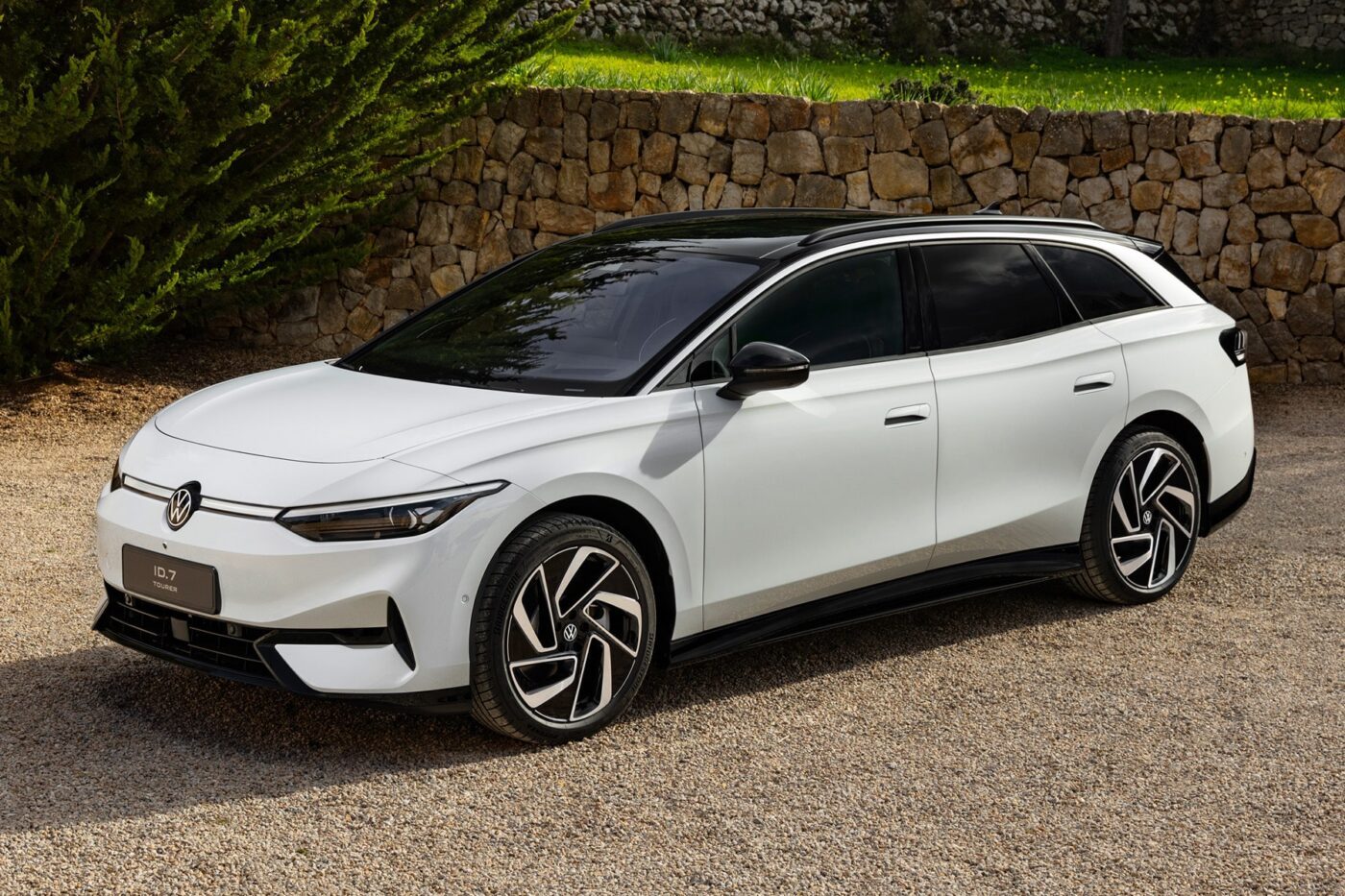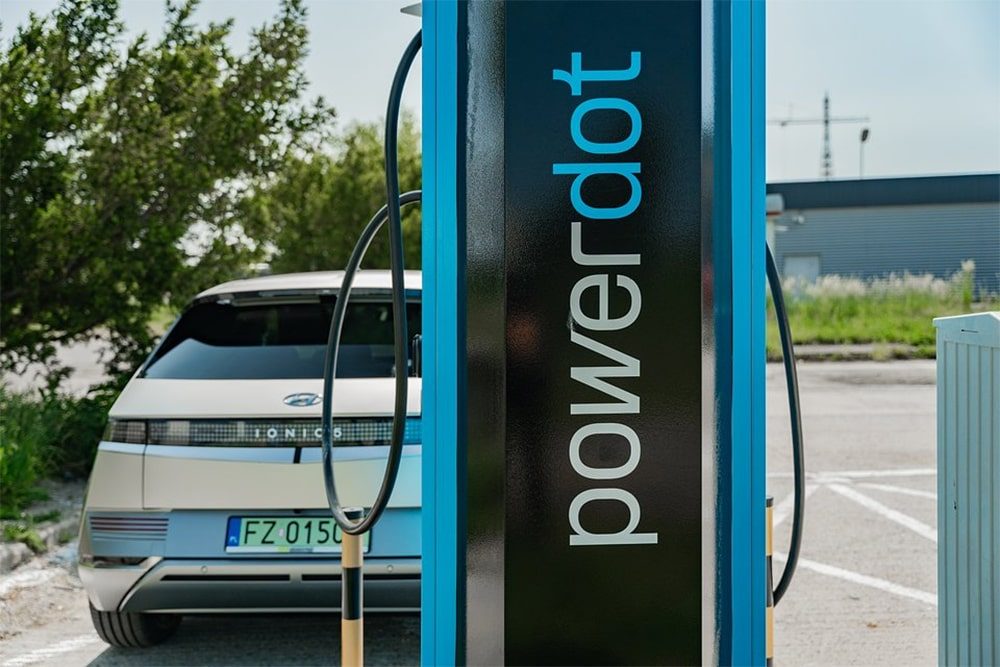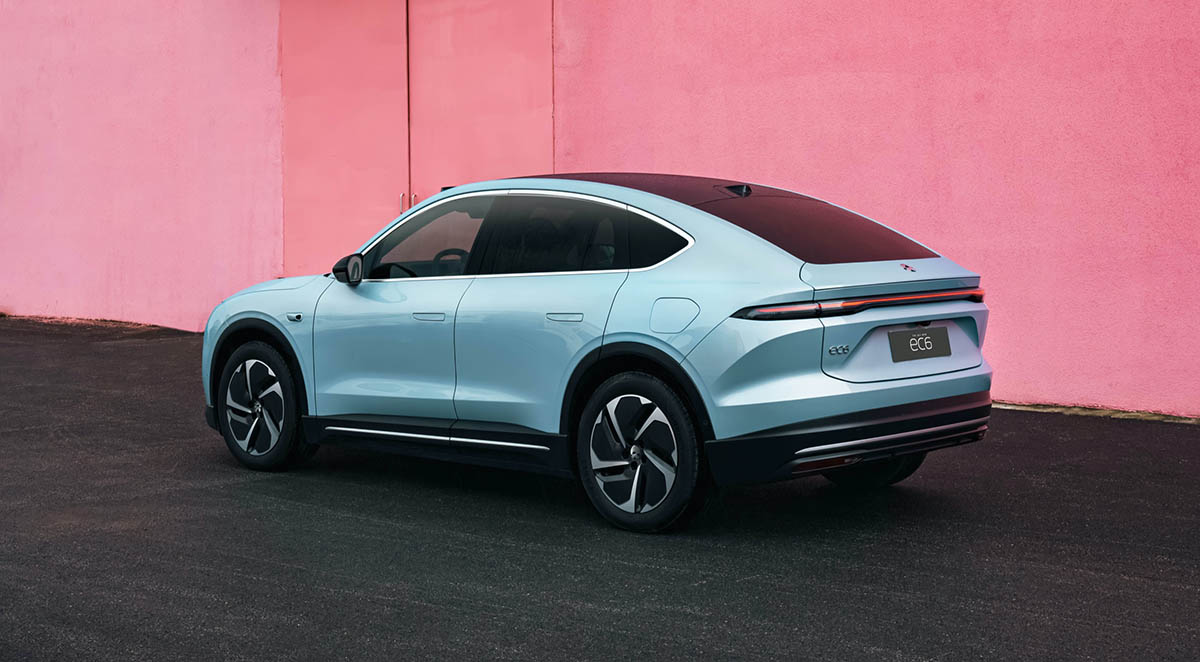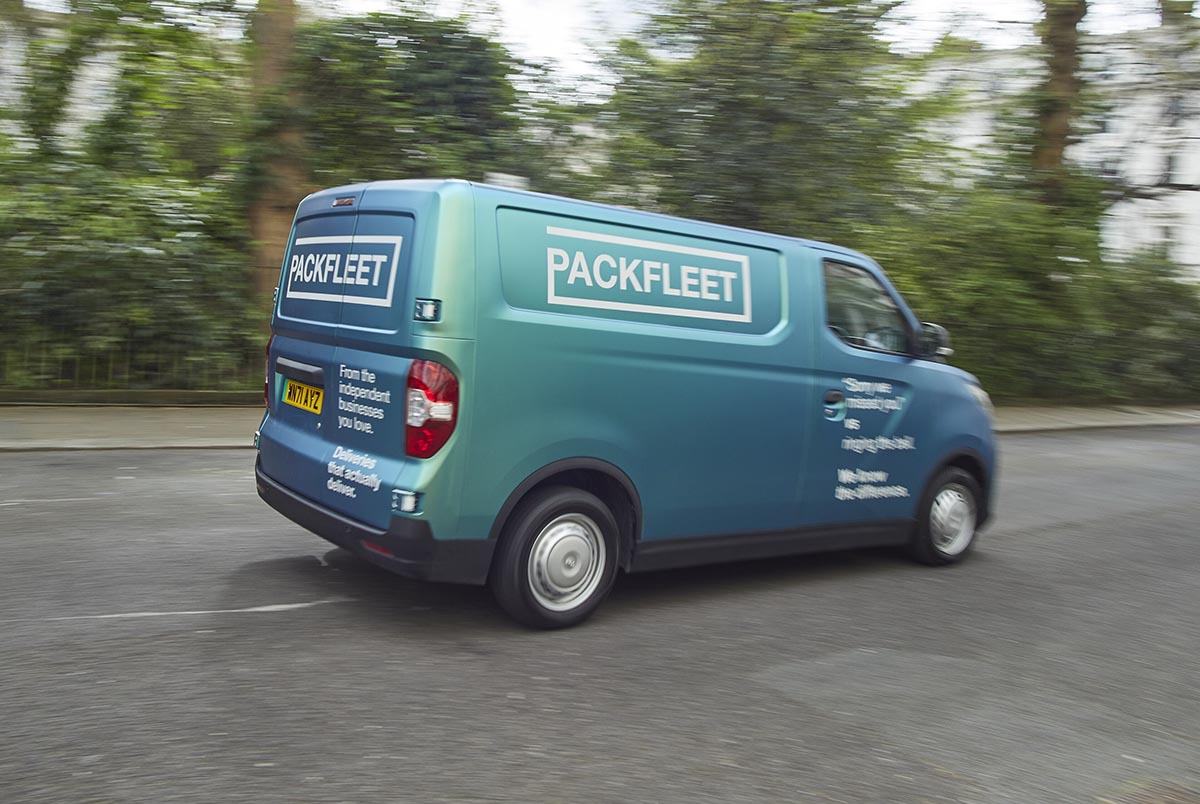Volkswagen announced on Friday that it anticipates a slowdown in sales growth in 2024, aligning with competitors’ warnings of a weaker economic outlook, increased competition, and higher costs. The top European carmaker, known for brands such as Audi, VW, and Lamborghini, forecasts sales to grow by up to 5% this year, following a 15.5% increase to 322.3 billion euros ($349 billion) in 2023.
This growth projection indicates potential 2024 sales of up to 338 billion euros, surpassing the 316 billion euro analyst estimate compiled by LSEG. Volkswagen’s Chief Financial Officer, Arno Antlitz, acknowledged the “muted economic outlook and intense competition” in 2024. However, the carmaker remains optimistic for the year ahead, citing upcoming new product launches.
See also: Renault and Volkswagen in Talks for Joint Small EV Venture

Volkswagen’s cautious outlook echoes sentiments expressed by rivals like Mercedes-Benz and Stellantis, which also highlighted similar challenges in their recent financial results. European automakers are facing pressure from competitors such as Tesla in the U.S. and Chinese automakers. This comes at a time when global momentum for electric vehicles is slowing due to stagnant sales growth and reduced government support.
Following the announcement of its annual results, Volkswagen’s shares declined, dropping as much as 7.1% to their lowest level in over four weeks. The operating margin also decreased to 7.0% in 2023 from 7.9% the previous year. Volkswagen’s shares were down 4.6% at 1606 GMT, while shares in Porsche, majority-owned by Volkswagen, remained flat after reversing earlier gains.
See also: Volkswagen and XPeng to Collaborate on Electric SUV as First Joint Project

For 2024, Volkswagen expects an operating margin of 7.0% to 7.5% and has proposed increasing the dividend for both its common and preferred shares. The automaker also anticipates its investment ratio to peak in 2024 at 13.5%-14.5%, driven by investments in its key market China. The investment ratio is projected to gradually decline in the following years, reaching around 11% by 2027.







